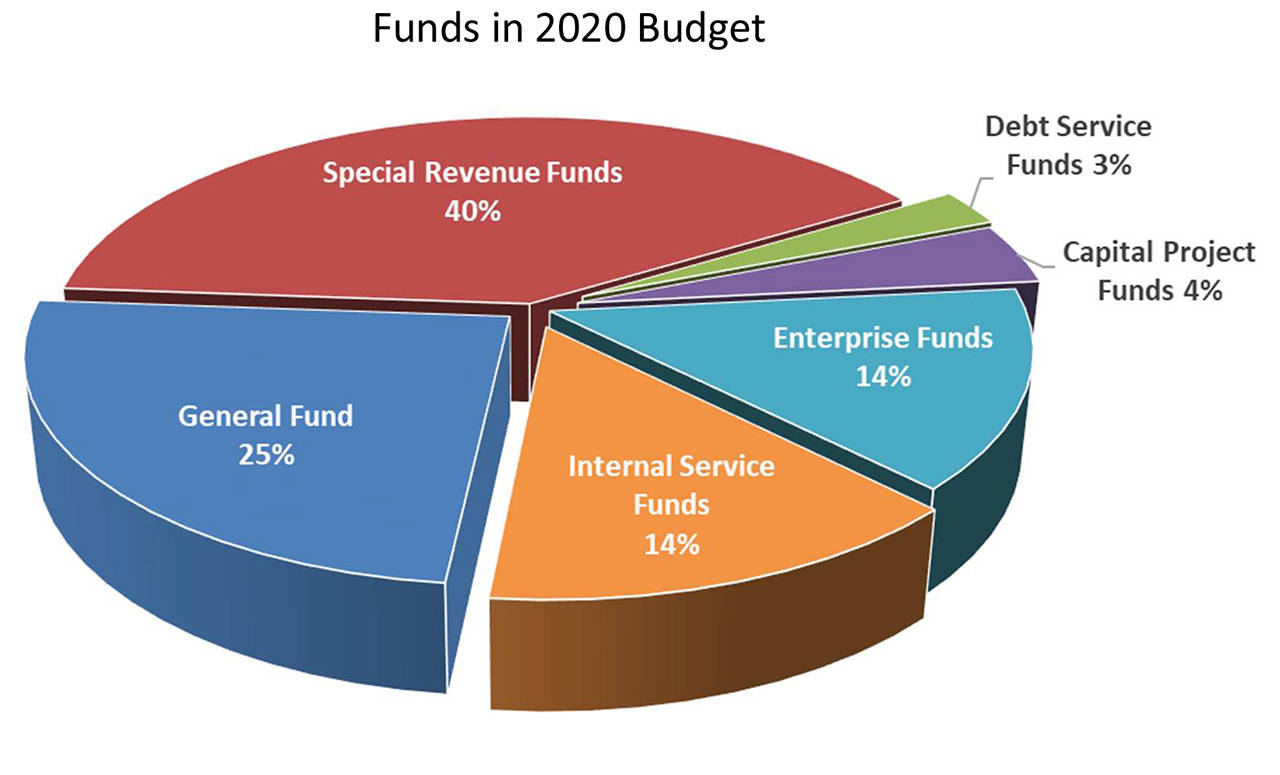EVERETT — Deputy prosecutors could start taking on lower-level drug cases once again under a reworked version of the Snohomish County budget.
Reversing a 2-gram threshold for felony drug prosecutions was a priority in the amended 2020 spending plan that Council Chairman Terry Ryan released Wednesday.
Ryan recommended $430,000 for Prosecutor Adam Cornell’s Innovative Justice Program. The money would pay for a new deputy prosecutor, a law clerk and a public defender. That would allow Cornell’s office to prosecute felony drug cases below the 2-gram limit that went into effect last year, under his predecessor Mark Roe.
“This is really simply being smart on crime,” Cornell said. “Smart is accountable, smart is compassionate, smart is getting people help so they stop their criminal behavior.”
A council vote could be taken at a special budget meeting scheduled for 10:30 a.m. Tuesday.
The added prosecutor’s employees would screen cases as part of Cornell’s Prosecution Crossroads Unit, which manages diversion programs for those willing to seek help with substance abuse and other problems. Those unwilling or unable to get treatment could face jail or prison time.
The policy against pursuing lower level felony drug cases, often involving meth and opioids, has been a hot-button issue since Cornell announced earlier this year that he wanted to end it. On conservative talk radio, the more lenient drug policy has been blamed for contributing to homeless encampments and street crime.
Cornell, a Democrat, was elected to his first term last year.
The prosecutor said he could have reversed course on drug cases without extra staff, but it wouldn’t have been responsible. He wanted an approach that was both thoughtful and accountable. And he didn’t want to blindslide other partners in the courts or law enforcement.
“It really sends a strong message to the community: There have been a lot of important issues on the ballot. This 2-gram policy was not on the ballot, but it kind of was,” Cornell said. “With the council’s action and the council’s support of this policy, it sends a message to the community: We’re going to have compassionate and accountable justice for low-level drug offenders.”
Drug prosecutions are one small part in the big blueprint for countywide spending.
Ryan’s version of the budget amends the plan County Executive Dave Somers released earlier in September calling for $268 million in general operations spending. About three-quarters of that pays for public safety and the court system.
Under Somers’ plan, the county would have completed a comprehensive study of criminal justice reforms before putting money toward specific programs, such as Cornell’s.
Some of the still unfunded ideas to improve the justice system include District Court Judge Anthony Howard’s community court.
That justice study is still happening under Ryan’s proposal; he was just eager to launch Cornell’s program quickly.
“I’m funding it the first day in January,” he said. “I want to get a full year’s benefit out of it.”
To free up money for the drug program, Ryan made a number of small adjustments that affect public safety and other government functions.
Ryan hopes to look into streamlining the county’s various diversion programs, for cost savings.
Like Somers, Ryan’s budget avoided any increase in the general property tax levy paid countywide, inside and outside of cities. Both suggested a 1% increase in the property tax levy for road maintenance, which is only paid in unincorporated areas.
Both budgets would raise surface water management fees in rural Snohomish County. All property owners in unincorporated areas now pay a $90 fee. In south Snohomish County, they pay an additional $32 urban surface water surcharge. The proposed budgets would make the stormwater fee a uniform $122 — what south county property owners now pay — across all unincorporated areas.
Ryan’s recommended budget would bulk up the county’s rainy-day fund by $600,000 — beyond the additional $1 million in Somers’ budget. That brings the total to about $4.3 million.
“We’re intentionally stocking this so that we’ll be able to withstand the next recession,” Ryan said.
The fund started three years ago at the suggestion of Councilman Brian Sullivan.
Other councilmembers have until Friday to submit potential amendments.
“If council proposes any additional spending, I’m asking that each council member propose an equal amount of reduced spending from that same fund,” Ryan said. “… It should be dollar for dollar.”
County leaders claim to be standing on solid financial footing. That’s supported by a recent report from S & P Global, which affirmed an AA+ rating on the county’s outstanding debt.
Noah Haglund: 425-339-3465; nhaglund@heraldnet.com. Twitter: @NWhaglund.
Talk to us
> Give us your news tips.
> Send us a letter to the editor.
> More Herald contact information.

























